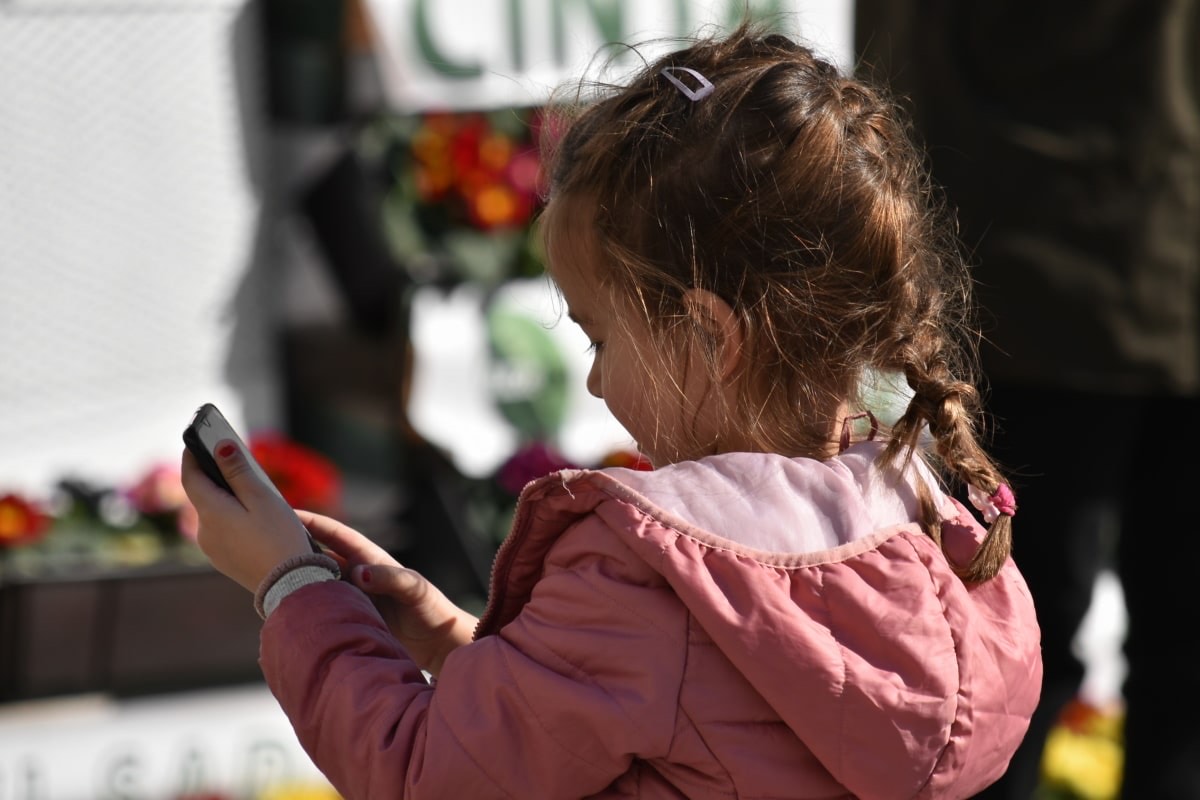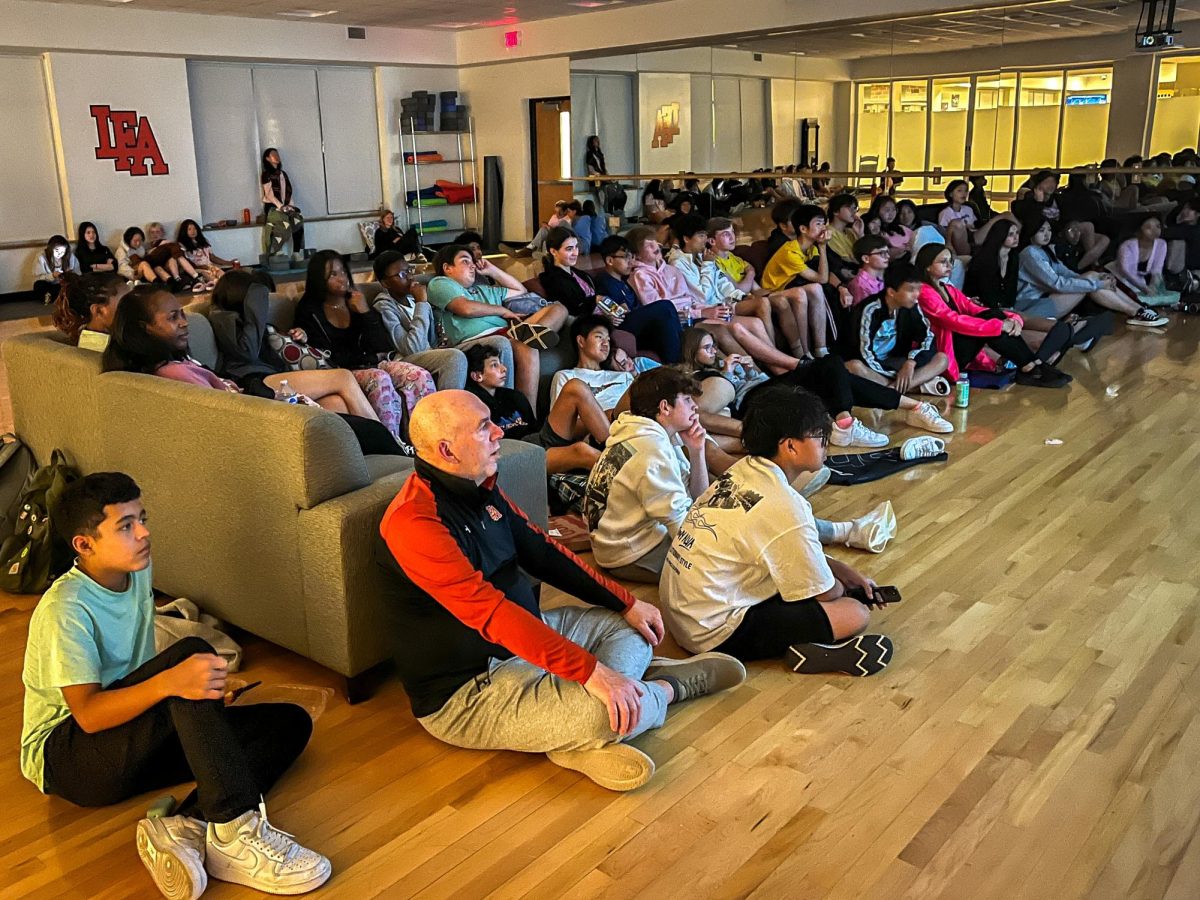Walking into Thanksgiving dinner at my ten year-old cousin’s house, my uncle says, “Joyce has been begging me for a crop top.” Was I surprised she wanted one? Not at all, but it got me thinking about the difference between me as a fourth grader and fourth graders now. In the past ten years, Shopkins have been exchanged for Drunk Elephant skincare, Justice t-shirts for Lululemon swiftly techs, and Claire’s earrings for Kendra Scott necklaces. Due to social media, children today have undergone an inevitable personality change that is markedly different from youth of the past decade.
Exposure to image-based social media, like TikTok, Instagram, and Pinterest, develops unrealistic expectations for younger generations. Due to editing features made available by existing technology, people can falsely trust anything they see. The eye-catching reels and photos elicit the audience’s desire to imitate the media, leading to unhealthy obsessions that cause unnecessary mental and physical health problems. Research from the National Library of Medicine revealed 68 reports: 19 about depression, 15 about diets, and another 15 about psychological issues. Among these were anxiety, eating disorders, headaches, and addiction (NLM, 2022).
As serious as these issues are, aesthetically pleasing videos also spark imagination and creativity, influencing trends and designs made by viewers. Recently, baby pink has made a comeback in peoples’ lives, with companies like Apple joining in on the craze. Since the start of social media, both small and large businesses have flourished from the increase in brand awareness and with the help of customer reviews.
Undoubtedly, communication is affected the most by social media. From how you communicate to who you communicate with, the digital world has changed the relationships and social skills of human beings. With easy access to communication platforms, children can be exposed to harmful biases and inappropriate behavior, resulting in a damaged morale. Chloe Jhin ‘25, who got her phone at seven years-old, claimed that social media “changed [her] perspective on the fake treatment towards people in real life, revealing peoples’ true colors” after having experienced cyberbullying online. The fear and inability to face peoples’ reactions in reality causes those who communicate online to be less fearful of voicing their opinions with no consequences. Furthermore, the inability to figure out peoples’ tones and emotions through a tiny screen establishes poor communication that results in wrong interpretations and unwanted conflicts.
When asked about how social media has influenced her life, Kayla Moore ‘26 asserted, “When I come across anything that I probably don’t need, the hundreds of positive reviews influence me to buy them. Unfortunately, some of the products influenced don’t have any good effects.” Media lures people to buy useless products, from pink limited edition Stanley cups that get sold out in 4 minutes, to the fashion statements my cousin desperately wants. When trends start, people tend to follow them — part of this is attributed to the need to feel validation from peers. The fear of being excluded from conversations and similarities within groups urges people to change their lifestyles and fit in.











